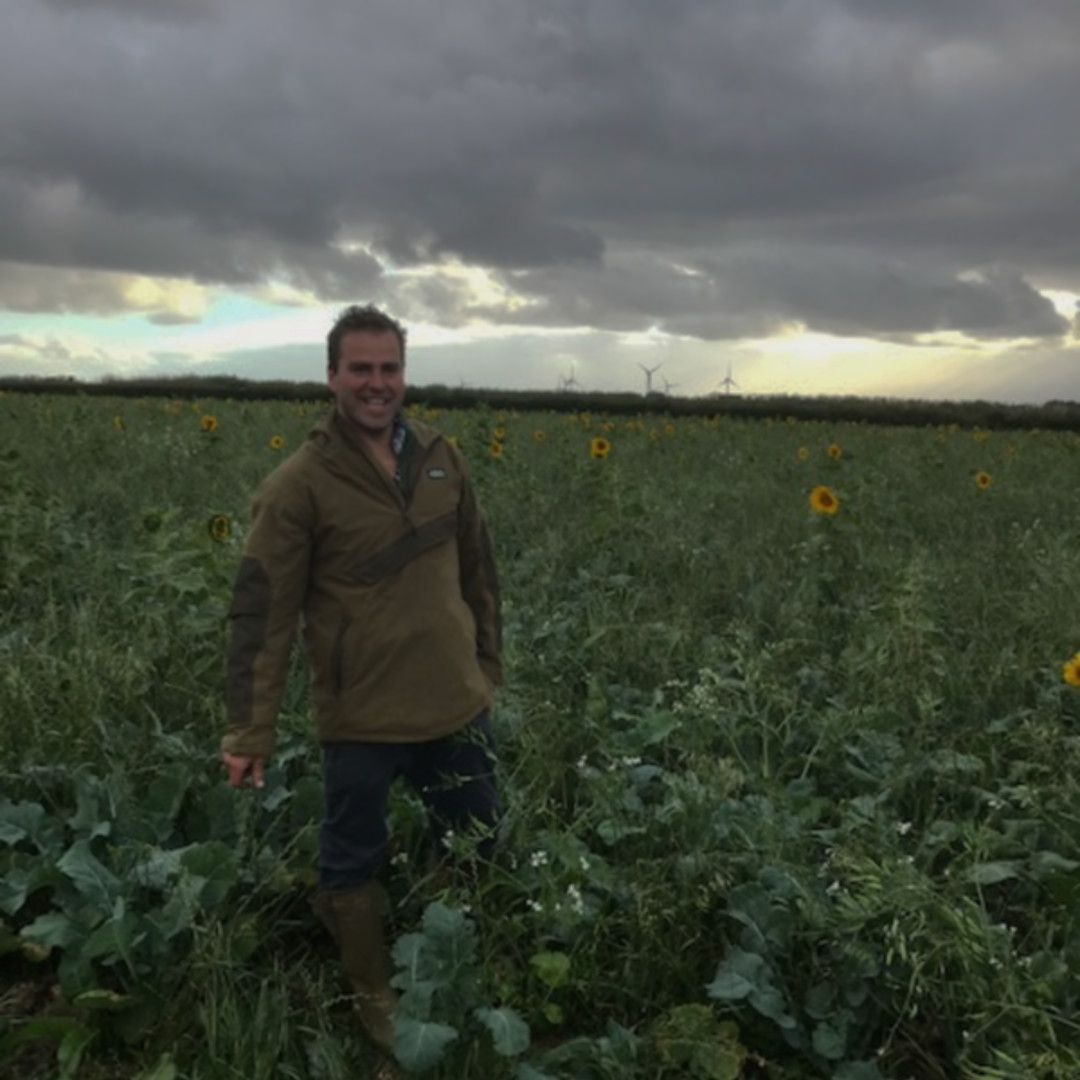
Less than ¼ mile from ESUS Agri HQ, on the farm of our neighbours JR, RA & RD Stanbury, in a new Innovative Farmers field lab, livestock farmers are driving new research into a variety of winter grazing crops to reduce feed and input costs while enhancing soil health and biodiversity.
The study’s objectives are to lessen soil erosion and provide habitat.
The farmers will contrast their customary winter forage, which consists of a single type of Brassica monoculture, with a diversified, 16 species fodder crop mix, which includes clovers, hairy vetch, ryegrass, spring oats, kale, and linseed.
In addition to supplying a nutrient-rich crop that supports animal health and performance, their objectives include reducing soil erosion and fostering natural habitats for wildlife during winter grazing.
Cost Saving
Farmers will cut down on feed expenses and the amount of time the herd spends indoors during the winter, many beef farmers plant just one brassica forage crop, such kale or fodder beet.
This field experiment will examine if a diverse crop’s increased biomass might increase farm resilience by safeguarding the soil structure. Benefits are anticipated to include decreased erosion and runoff as well as increased worm populations, infiltration rates, and water holding capacity.
Benefits That Extend to Farmers
The government’s upcoming transition to a new farm payment system and the new Sustainable Farming Incentives programme make the field lab’s findings potentially especially important as there is a growing emphasis on keeping the soil covered over the winter.
Extension of Arable Regen Ag
The benefits of diverse cropping have been well documented in arable farming context. In the livestock sector diverse grass mixtures went out of fashion as high-yielding varieties were bred that performed well when highly fertilised monocultures protected from pests and diseases with agrochemicals outperformed the traditional mixes and were much simpler to manage. The current hike in energy and fertiliser prices is renewing interest in diverse mixtures and work done in New Zealand, Germany and Canada confirms that new diverse mixes can outperform monocultures, improve soils and add to farm resilience.
Please check out the video presentation on our You Tube Channel https://youtu.be/h-gAn5zF-OQ


